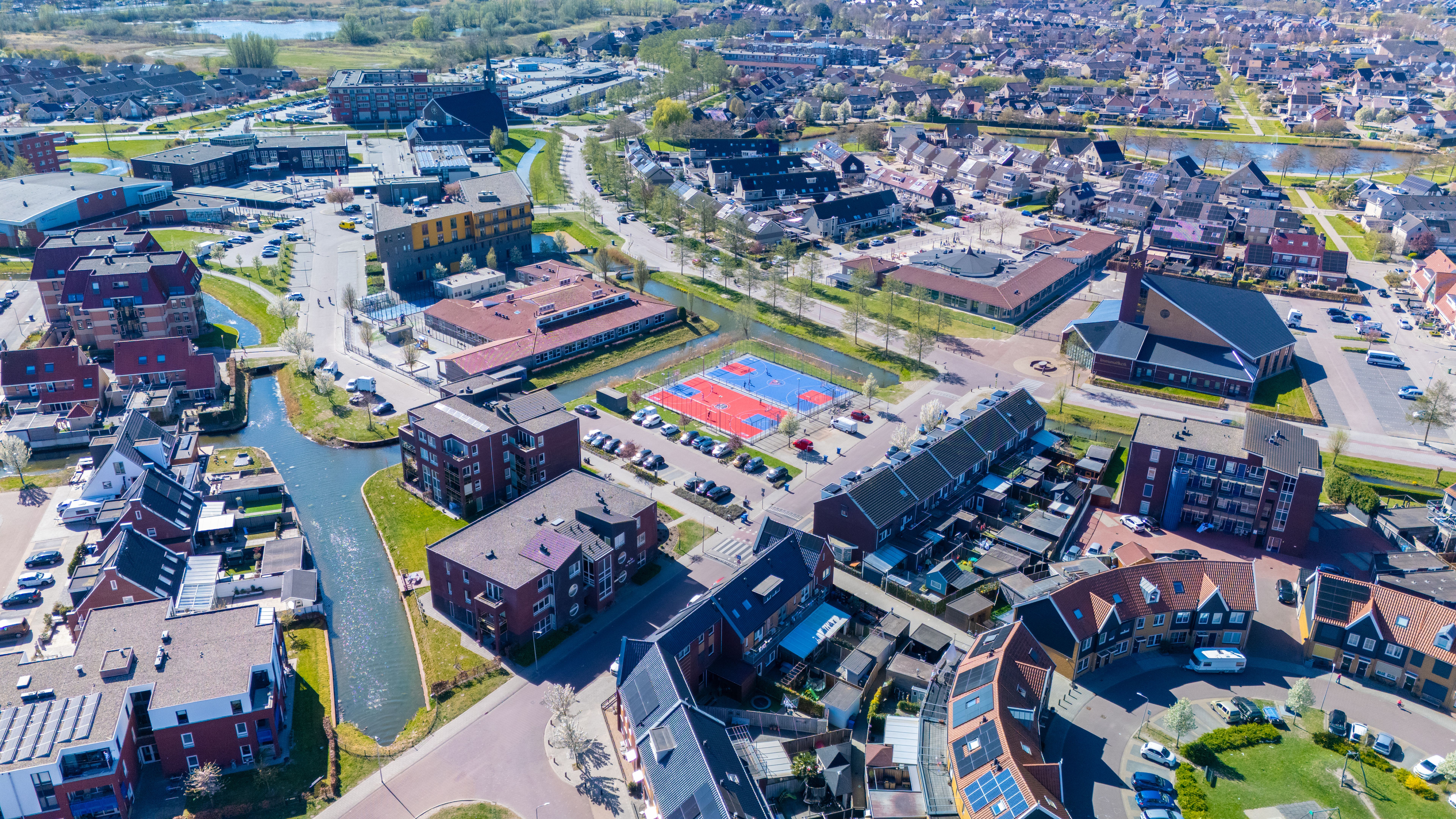Determining a Home's True Value
Understanding Market Value
When determining a home's true value, understanding market value is crucial. Market value refers to the price a property would likely sell for under normal conditions. It's influenced by several factors, including location, size, and recent sales of similar properties in the area. Market value is not static and can fluctuate based on economic trends and local real estate activity.

Comparative Market Analysis (CMA)
One effective way to gauge a home's market value is through a Comparative Market Analysis (CMA). This involves comparing the property in question to similar homes that have recently sold in the vicinity. A CMA considers various elements such as square footage, number of bedrooms and bathrooms, and any unique features or upgrades. Real estate agents commonly perform CMAs to provide sellers and buyers with a realistic understanding of a home's worth.
Appraisals and Assessments
While CMAs offer a solid estimate of market value, appraisals and assessments provide more formal evaluations. An appraisal is conducted by a licensed professional who evaluates the property's condition, location, and other factors to determine its value. This process is often required by lenders during the mortgage approval process.

Property Tax Assessments
In contrast, property tax assessments are carried out by local government authorities to establish property taxes. These assessments might not always align with the current market value, as they can be based on outdated data or different evaluation criteria. Homeowners should be aware of any discrepancies between assessed value and market value to ensure they're not overpaying on property taxes.
Influence of Location
The adage "location, location, location" holds significant weight in real estate valuation. A home's proximity to amenities such as schools, shopping centers, parks, and public transportation can substantially impact its market value. Additionally, neighborhood safety, local crime rates, and future development plans can all play roles in determining a property's worth.

Economic Factors
Broader economic factors also affect home values. Interest rates, inflation, and employment rates can influence buyer demand and purchasing power. During periods of economic growth, home values might rise due to increased demand and consumer confidence. Conversely, economic downturns can result in decreased property values as buyers become more cautious.
Condition and Upgrades
A home's physical condition and any upgrades or renovations can further impact its value. Well-maintained homes with modern amenities are often more appealing to buyers, potentially commanding higher prices. Renovations such as updated kitchens and bathrooms or energy-efficient improvements can enhance a property's value significantly.
Working with Professionals
Determining a home's true value can be complex, involving multiple variables. Engaging with professionals such as real estate agents, appraisers, and financial advisors can provide invaluable insights. These experts can help navigate the intricacies of property valuation, ensuring homeowners make informed decisions whether buying or selling.
